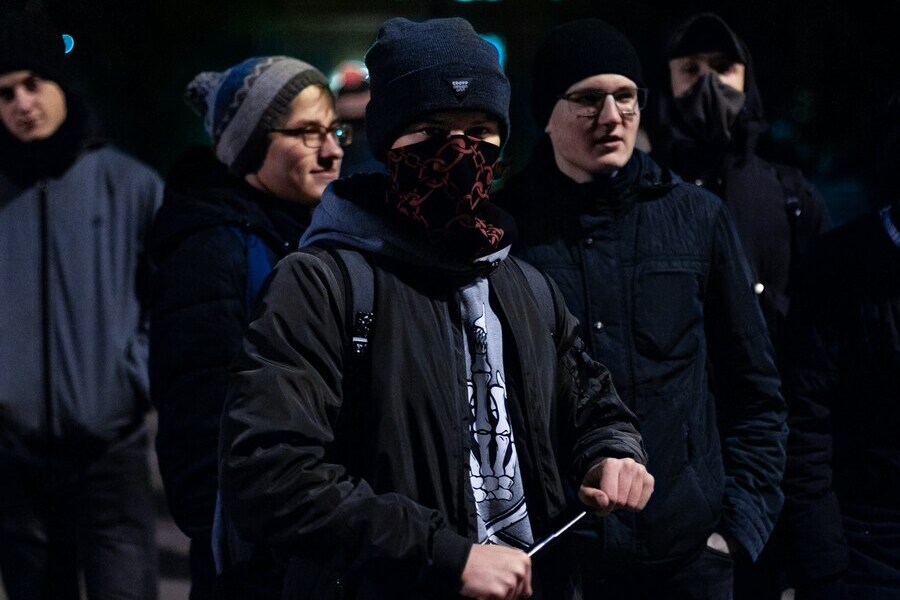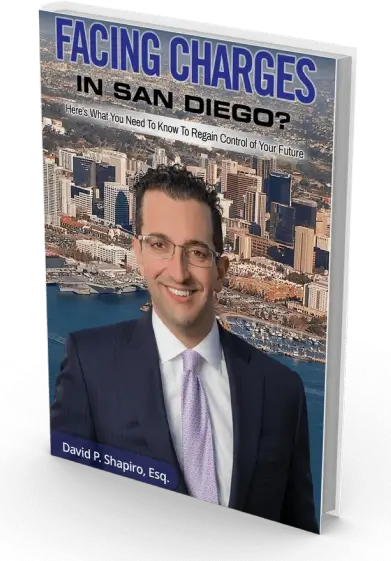Probation and Sex Offenders
California Supreme Court Upholds and “Interprets” Chelsea’s Law
Chelsea’s Law is a California statute that significantly increased penalties for sex offenders. The law, which became effective in 2010, covered, among other things, sentencing, parole, and internet postings. It was passed in response to the rape and murder that same year of Chelsea King, a San Diego high school student, by a convicted sex offender.
Some provisions of the law were recently the subject of a challenge in the California Supreme Court. Ignacio Garcia pleaded guilty in 2013 to committing lewd acts against a child. At the time of the offense, he was 16 years old. Police say that he molested his younger nephew. Garcia was sentenced to three years’ probation, and he appealed, challenging the constitutionality of two of the terms of his probation:
- The first challenge involved a provision in the law that says the person on probation gives up his or her right against self-incrimination. This meant that Garcia could not refuse to answer questions from his probation officer, and required him to submit to lie detector tests, even if he would otherwise be able to claim protection under the Fifth Amendment. The court got around the constitutional challenge by ruling that any statements obtained could not be used against Garcia in a criminal proceeding.
- The second aspect of Garcia’s appeal related to the provision that required him to give up his right to confidentiality in any statements he made to his psychotherapist. The court interpreted this to mean that there could be “limited communication” between the psychotherapist and the probation officer about the rehabilitation of the probationer (Garcia). The rationale of this portion of the ruling, according to the Supreme Court, is that the state has a strong interest in obtaining the information so that it can understand the situation of the person on probation and protect public safety.
We’re not entirely sure that the ruling, particularly the aspect involving the psychotherapist/patient privilege (Evidence Code Sections 1010 – 1027), is illuminating. It may be that it will simply lead to more appeals for clarification. Finally, while we don’t want to justify or minimize sex crimes, we would point out one thing: The purported rationale for violating the psychotherapist/patient privilege in this case could be applied to a myriad of situations to justify infringing on a person’s rights, constitutional or otherwise.
Law Office of David P. Shapiro
3500 5th Avenue, Suite 304,
San Diego, CA 92103
(619) 295-3555









